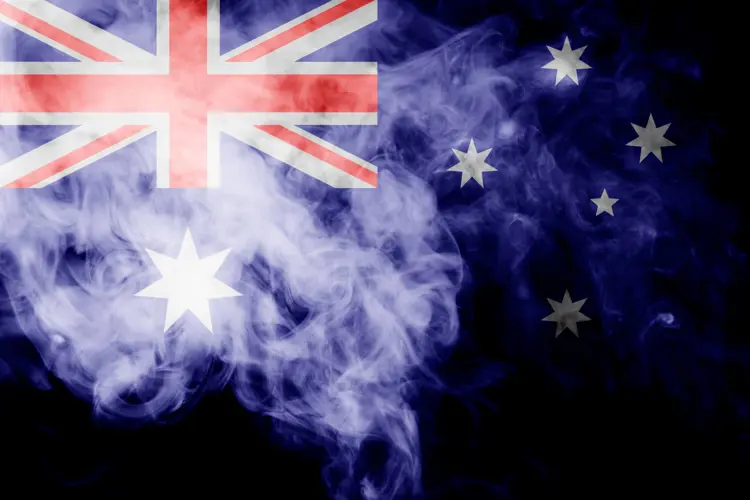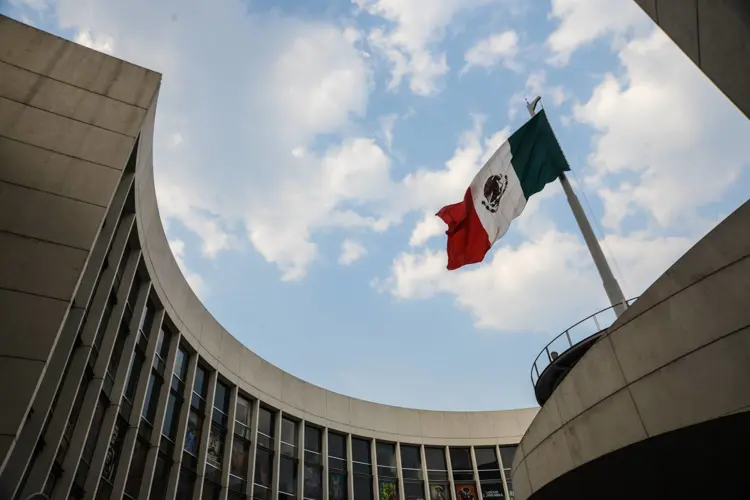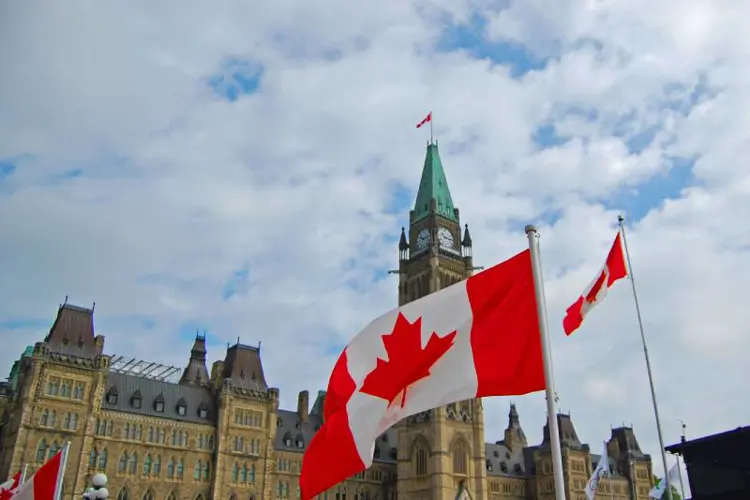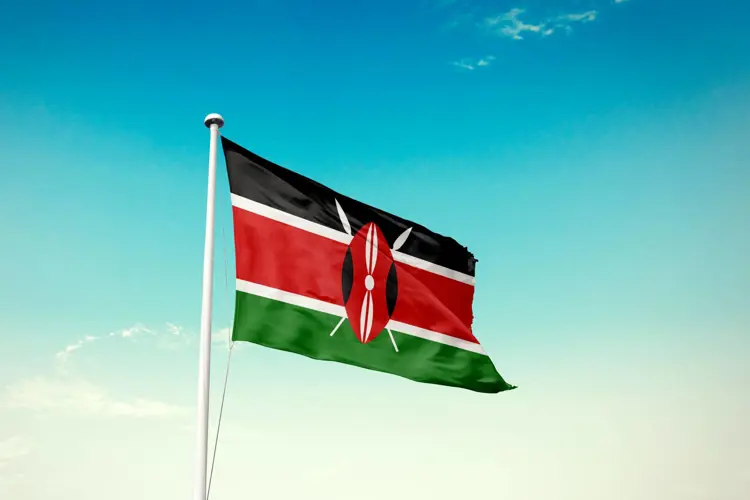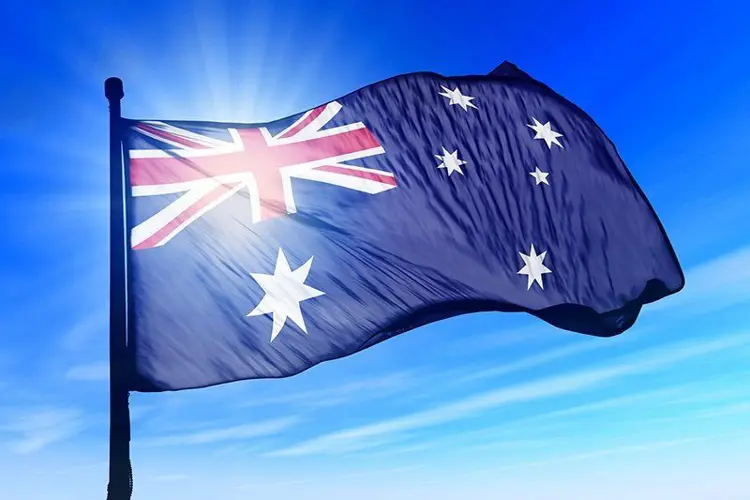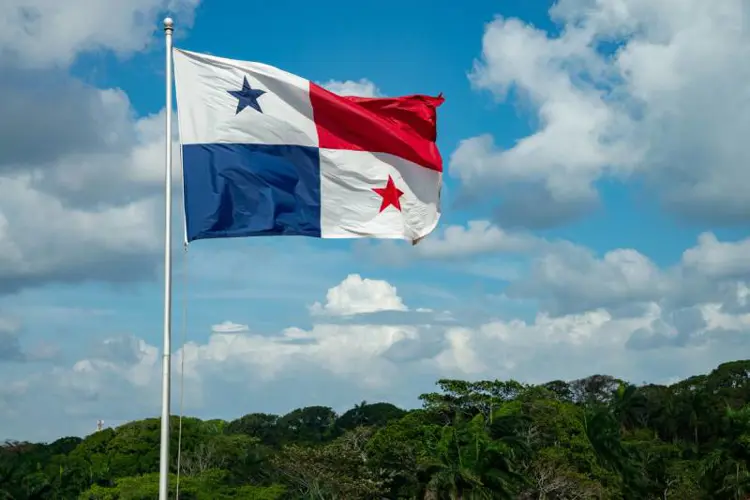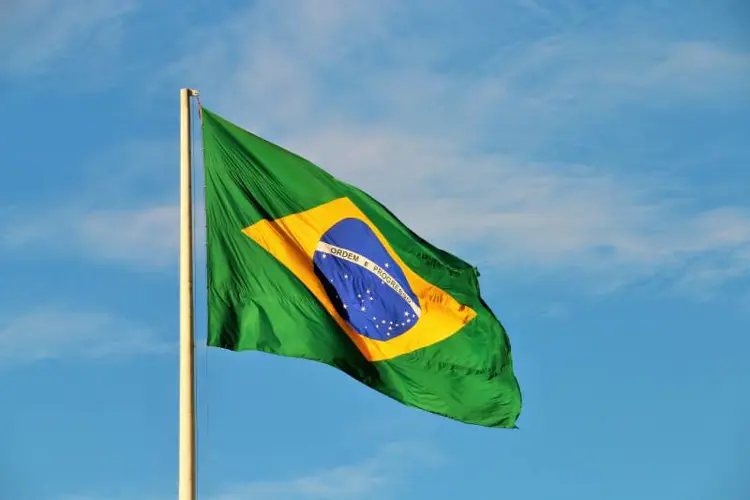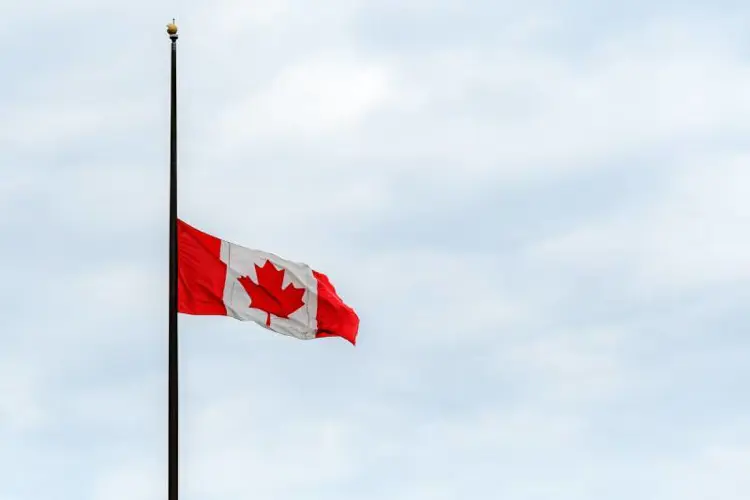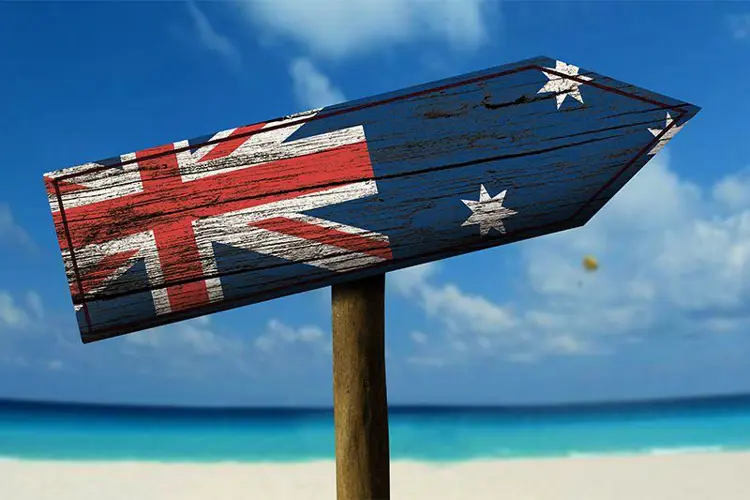Brazil has confirmed and strengthened its vape ban following an April 19 board meeting of the Agência Nacional de Vigilância Sanitária (ANVISA), the country’s food and drug regulator. The ANVISA board voted unanimously to maintain the country’s prohibition, which has been in place since 2009.
The agency tightened import restrictions to prohibit individuals from bringing products for personal use, and added a ban on “transportation and storage,” which could be interpreted by law enforcement to mean almost anything, including carrying a vape on the street or keeping one at home.
The ANVISA resolution, published April 23 and taking effect May 2, bans the “manufacture, import, sale, distribution, storage, transportation and advertising” of all vaping and heated tobacco products, and prohibits their use in any place “accessible to the general public or for collective use, totally or partially closed on any of its sides by a wall, partition, ceiling, awning or roof, permanently or temporarily.”
Despite the government’s opposition to vaping and the tighter import restrictions, Brazil’s large black market will prosper, with profits going to organized crime syndicates rather than regulated local businesses.
Not only does the rule ban advertising by manufacturers or sellers, it also prohibits “dissemination of information or claims about the product without scientific proof” and “any other form of communication or action that promotes electronic smoking devices, including paid articles in media outlets, attracting the attention and interest of the population, whether they are consumers of the products or not, and may stimulate consumption or initiation of use.”
The decision followed the latest public consultation on vaping, the results of which—a majority of responses opposed the country’s vape ban—were simply ignored. ANVISA based its decision on World Health Organization (WHO) advice, according to Brazil Reports. The agency also ignored the results of a consultation and maintained the ban two years ago.
Despite the government’s opposition to vaping and the tighter import restrictions, Brazil’s large black market will prosper, with profits going to organized crime syndicates rather than regulated local businesses. With over 203 million residents, Brazil is the most-populous Latin American country (and the seventh largest in the world), making informal markets for popular products nearly impossible to control.
A recent survey found that more than four million Brazilians have vaped at some point, according to Brazilian vaping site Vapor Aqui. Another survey by a government agency indicated almost 17 percent of students between ages 13 and 17 had vaped at least once.
The Freemax REXA PRO and REXA SMART are highly advanced pod vapes, offering seemingly endless features, beautiful touchscreens, and new DUOMAX pods.
The OXVA XLIM Pro 2 DNA is powered by a custom-made Evolv DNA chipset, offering a Replay function and dry hit protection. Read our review to find out more.
The SKE Bar is a 2 mL replaceable pod vape with a 500 mAh battery, a 1.2-ohm mesh coil, and 35 flavors to choose from in 2% nicotine.
Because of declining cigarette sales, state governments in the U.S. and countries around the world are looking to vapor products as a new source of tax revenue.
The legal age to buy e-cigarettes and other vaping products varies around the world. The United States recently changed the legal minimum sales age to 21.
A list of vaping product flavor bans and online sales bans in the United States, and sales and possession bans in other countries.







